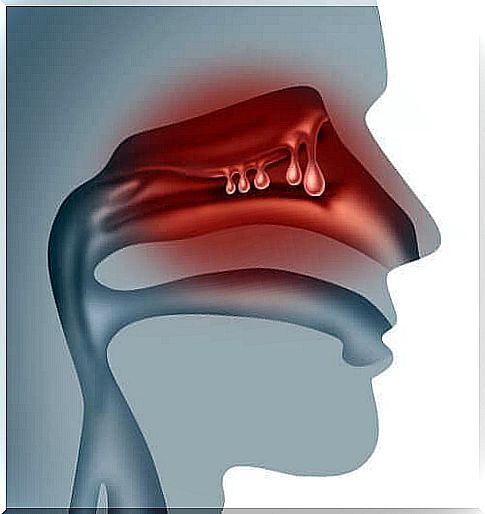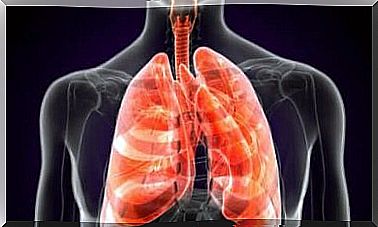Administration Of Medicines Through The Nose

Administration of drugs through the nose is a method that is often used since it is easy to handle, and it offers more benefits than other methods and routes of administration.
By directly inhaling the medication, the body can absorb the active ingredients better. This is because the medicine will pass directly to the mucous membrane of the nose and on to the lungs, which also reduces the number of side effects. In general, this will allow you to use smaller doses because the medicine is administered more directly.
Because of this, doctors are increasingly using this method of administration for several different types of medications. Keep reading for more information on this!
An alternative to administering medication

The lining of the nose is full of small blood vessels. Therefore, if a drug is used directly in the form of nasal drops, it will work locally. However, if it is intended to have a more general effect in the respiratory tract, doctors recommend using a spray, containing microparticles of the active ingredients.
At the same time, not all patients can use the oral route to administer medication. For example, it can be a problem for the elderly who have difficulty swallowing, or babies who are at risk of suffocation, etc.
If the patient is unable to breathe properly (for example, if they have problems with respiratory failure or simply because a child does not have fully developed lungs), nebulizers can also be used via a mask so that the patient can inhale passively without exertion.
What types of medications can be administered through the nose?
There are many different types of medications doctors can administer via the airways in the nose. Below you can read more about which medicines are most often administered in this way, and what types of diseases they are useful for:
- Steroids. We are talking here about intranasal steroids. They are used to treat allergic rhinitis and allergic rhinosinusitis. The effectiveness of these drugs is very high, even in difficult and chronic cases.
- Antihistamines. These drugs block the release of histamine, the substance that plays a key role in the development of various allergies. Generally, they are administered in the form of a spray which is released into the mucous membrane of the nose. Doctors use them in the treatment of allergic rhinitis. Since histamine is a vasodialator, doctors also use them in certain cases to relieve other types of rhinitis. They can be combined with intranasal steroids for best results.
- Alpha blockers. This is the best known type of decongestant medication.
How is medication administered through the nose?
The procedure is very simple and does not require any kind of preparation in advance. The patient should sit to facilitate hyperextension of the neck backwards. If this is uncomfortable, you can also lie on your back and turn your head so that the nostril treatment is administered in a point towards the ceiling. Other than that, there are no special recommendations.
Procedure
- First, it is important that the patient has good nasal hygiene. This prevents microorganisms from entering the inner part of the nasal mucosa.
- The ampoule is then placed in the nostril. You should be careful not to come in contact with the nasal walls. It is then better to place it towards the center so that none of the medicine is wasted.
- The next step is to release the drug while the patient is breathing through the mouth. This prevents sneezing and helps the medicine stay in the right area. The medicine may fall into your throat and throat if you do not breathe properly using your mouth.
- Finally, it is important to hold the position on your head for a few minutes. That way, the body can absorb the medicine without interruption.
If you cough after administering the nasal drops, there is no need to worry. This is normal, especially the first few times.
If the cough gets worse and other symptoms in the airways, such as a feeling of shortness of breath (dyspnoea), difficulty breathing and so on occur, there may be an allergic reaction. In this case, it is important to consult a doctor so that they can evaluate it.
Consider performing allergy tests on your medications before using them. In the vast majority of cases, however, it is only due to a hypersensitivity reaction.









